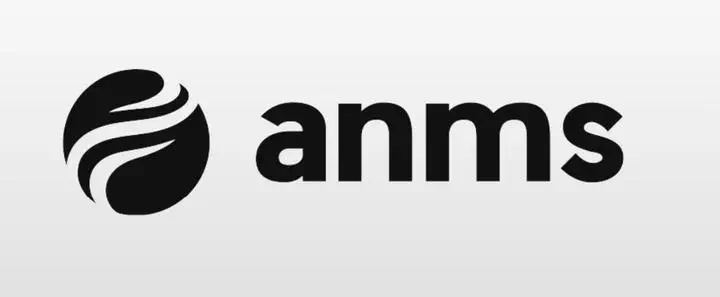3rd International Workshop on Autonomous Network Management Systems (ANMS 2024)

Abstract
Beyond 5G and 6G wireless systems are expected to handle significantly increased data rates, provide ultra-low latency and enhanced connectivity to massive numbers of devices, and bring improvements in network energy efficiency. This new generation of networking systems aims to be fully autonomous networks (AN) with management capabilities, such as self-configuration, self-healing, self-optimizing, and self-evolving aspects, that today’s networks do not support as their management is largely manual with some automated assistance.
This workshop focuses on novel research in algorithms, architectures, approaches, and applications in the autonomous management of 5G and 6G systems. We encourage original paper submissions from academia and industry presenting work in progress or novel research on the most recent advances, frameworks, models, and approaches for management of autonomous networks using enabling techniques, such as AI/ML, virtualisation, and blockchain. We are also interested in articles revising the state-of-the-art of this topic, showing recent major advances and discoveries, significant gaps in the research, current standardization status, and new future issues.
Links to the Workshop pages
- Workshop - https://anms-conf.github.io/
- NOMS - https://noms2024.ieee-noms.org/
- Agenda - https://noms2024.ieee-noms.org/workshop/anms-2024
Topics
Topics of interest include (but are not limited to):
- Self-* techniques of network management in AN
- Network resource and service automation and orchestration in AN
- Network state prediction and forecasting for AN
- Network monitoring systems (traffic recognition, anomaly detection, etc.) for AN
- Intelligent network service provisioning and assurance in AN
- Methods and algorithms for resource allocation and usage in AN
- AN management in resource-constrained environments
- Adaptation and customization of AI for constrained devices (e.g. edge) for control in AN
- Efficient resource allocation and scheduling (e.g., spectrum, storage, compute) in AN
- Tools, simulators, or digital twins for planning, validation, and what-if analysis in AN
- Architectures and frameworks to integrate AI natively in AN
- Generation and use of knowledge-graphs for AN use cases
- Taxonomies of explainability of AI decisions for AN use cases
- The role and usefulness of LLM’s in AN and intent
- Novel contributions on low carbon and sustainability in AN
- Blockchain and distributed ledger technology for AN management and trust
- Security provision and its integration with AN
- End-to-end management of AN
- Decentralised and distributed AI for management and operation in AN
- Autonomous management of access and interaction for the radio spectrum
- Autonomous management via AI-native approaches and use cases across the network
Submission
Paper submissions must present original, unpublished research or experiences. Only original papers that have not been published or submitted for publication elsewhere can be submitted. Each submission must be written in English, accompanied by a 75 to 200 words abstract that clearly outlines the scope and contributions of the paper. There is a length limitation of 6 pages (including title, abstract, all figures, tables, and references) for regular papers, and 4 pages for short papers describing work in progress. Submissions must be in IEEE 2-column style. Self-plagiarized papers will be rejected without further review. Authors should submit their papers via JEMS:
https://jems3.sbc.org.br/noms_anms2024
Extended versions of the best paper(s) may be considered for fast-tracking to the Journal of Network and Systems Management (to be confirmed, https://www.springer.com/journal/10922, IF 2.026)
Important Dates
- Paper Submission Deadline: January 19, 2024
- Notification of Acceptance: March 1st, 2024
- Camera-ready submission: March 15th, 2024
Organizers
- Paul Harvey, University of Glasgow
- Miguel Camelo, University of Antwerp, iMEC
- Francesc Wilhelmi, Nokia Bell Labs